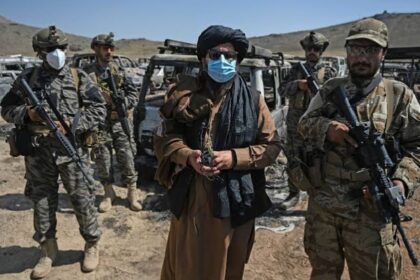RASC News Agency: In a recent development, a new United Nations report has underscored the critical necessity for the Taliban to retract their stringent moral policing policies in Afghanistani. The report, published amidst growing concerns over human rights violations, highlights the adverse impact of Taliban-imposed restrictions on personal freedoms and societal norms.
According to the report, issued by the UN Human Rights Office, the Taliban’s extensive moral policing measures have significantly curtailed individual liberties, particularly affecting women and minority communities. These measures include restrictions on dress codes, limitations on public gatherings, and bans on cultural and recreational activities deemed inconsistent with Taliban ideology.
“The Taliban’s enforcement of moral codes has severely restricted basic freedoms and threatens to reverse hard-won gains in human rights,” stated the UN report, echoing international apprehension over the escalating situation.
The report further emphasizes the urgent need for the Taliban to adhere to international human rights standards and calls upon the international community to engage diplomatically in addressing these concerns. It also urges Afghanistani authorities to prioritize the protection of vulnerable groups and uphold fundamental rights guaranteed under international law.
Amnesty International, alongside other human rights organizations, has expressed deep concern over the deteriorating human rights situation in Afghanistani. The organization has called for immediate action to mitigate the adverse effects of Taliban policies on Afghanistani civilians, particularly women and minorities.
As the international community intensifies efforts to mitigate the humanitarian crisis in Afghanistani, the UN report serves as a stark reminder of the pressing need for the Taliban to reconsider their approach to governance and ensure respect for human rights and freedoms for all Afghanistani citizens.






